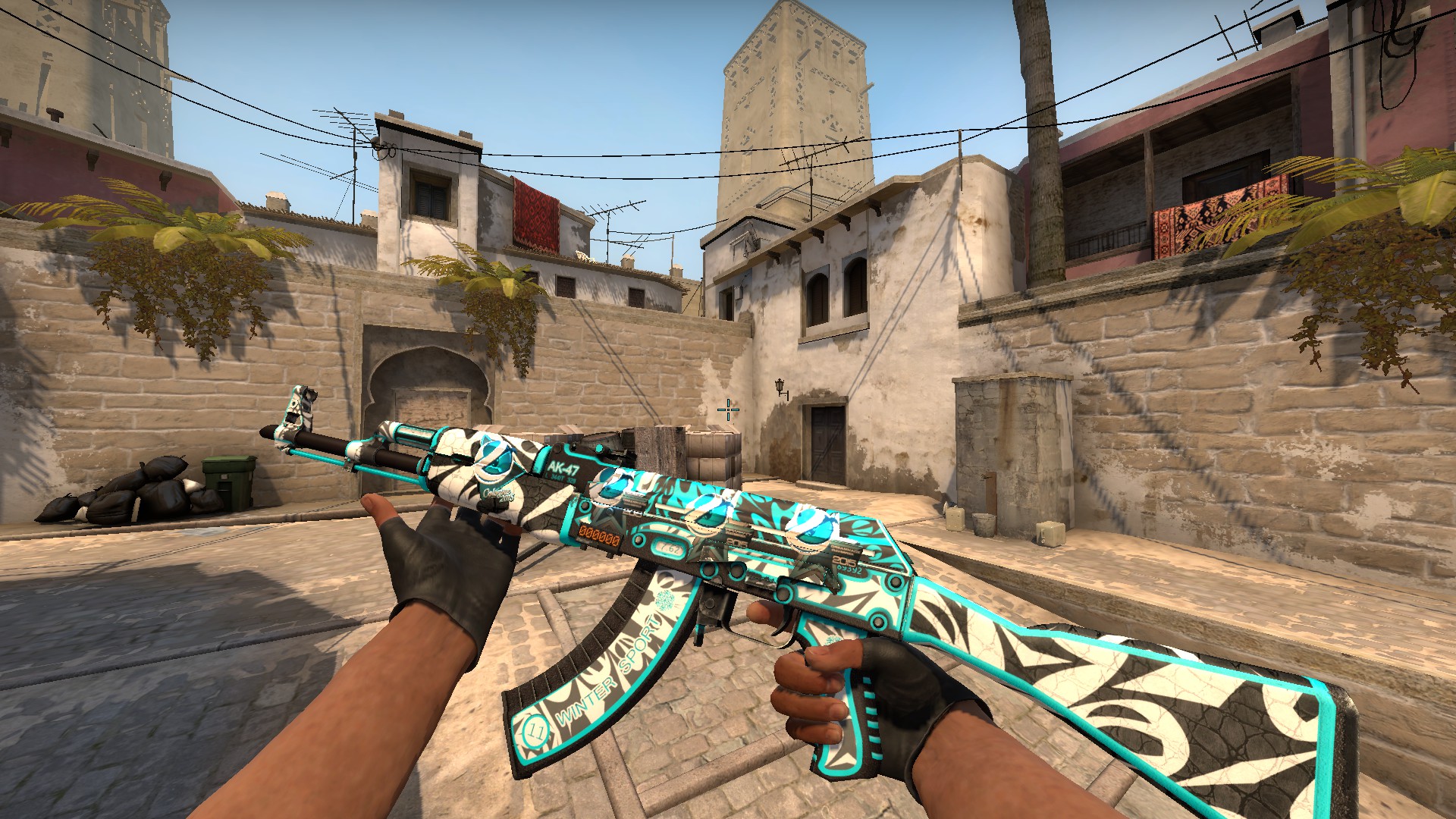State regulator orders Valve to halt CS:GO skin gambling through Steam [Updated]
The Washington State Gambling Commission says Valve could face criminal penalties if it doesn't pull the plug.

Update: In response to my inquiry, Valve's Doug Lombardi referred to the "In-Game Item Trading Update" posted in July, which states that using Steam to run a gambling business "is not allowed by our API nor our user agreements," and warns that action will be taken against sites that do.
"Our position has not changed and so far we’ve sent cease and desist notices to over 40 sites," Lombardi said.
Original story:
The Washington State Gambling Commission is demanding that Valve halt the transfer of CS:GO skins through the Steam API, which it says contravenes state gambling laws. In a press release posted by the Esports Betting Report, the regulatory agency gave Valve until October 14 to "explain how it is in full compliance with Washington's gambling laws," and warned that failure to do so could lead to civil or criminal action being brought against it.
The WSGC contacted Valve about the use of CSGO skins in online gambling back in February 2016, initially "to determine if any additional action was needed." As a result of its investigation, the Commission has ordered Valve to "take whatever actions are necessary" to keep third-party sites from using the Steam platform to engage in skin gambling activities.
"All third party gambling sites have Steam accounts and use the Steam platform to conduct their gambling transactions," the commission said in the release. "These gambling transactions are automated and performed by a software program or 'bot,' and have proliferated so much that a recent market report by Esports Betting Report indicates that one specific gambling website, CSGO Lounge, brought in approximately $1 billion in 'skin' gambling between January 1st and August 1st this year alone."
"In Washington, and everywhere else in the United States, skins betting on esports remains a large, unregulated black market for gambling. And that carries great risk for the players who remain wholly unprotected in an unregulated environment," Washington State Gambling Commissioner Chris Stearns said. "We are also required to pay attention to and investigate the risk of underage gambling which is especially heightened in the esports world. It is our hope that Valve will not only comply but also take proactive steps to work with the Commission on future measures that will benefit the public and protect consumers."
Keep up to date with the most important stories and the best deals, as picked by the PC Gamer team.
The spotlight was turned on CS:GO skin gambling earlier this year when it was revealed that YouTubers Trevor 'TmarTn' Martin and Tom 'ProSyndicate' Cassell were the owners of CSGO Lotto, a site they had heavily promoted to their viewers without disclosing the relationship. Shortly thereafter, another YouTuber, PsiSyndicate, admitted that CS:GO skin gambling videos he'd posted to his channel were also rigged. That led Valve to issue a cease-and-desist order against more than 20 CS:GO gambling sites—a big move, but apparently not enough to satisfy the Commission.
We took an up-close look at the ins and outs of skin gambling, including a breakdown of how it works and questions about its legality, that you can dig into here. I've reached out to Valve for comment, and will update if and when I receive a reply.

Andy has been gaming on PCs from the very beginning, starting as a youngster with text adventures and primitive action games on a cassette-based TRS80. From there he graduated to the glory days of Sierra Online adventures and Microprose sims, ran a local BBS, learned how to build PCs, and developed a longstanding love of RPGs, immersive sims, and shooters. He began writing videogame news in 2007 for The Escapist and somehow managed to avoid getting fired until 2014, when he joined the storied ranks of PC Gamer. He covers all aspects of the industry, from new game announcements and patch notes to legal disputes, Twitch beefs, esports, and Henry Cavill. Lots of Henry Cavill.

